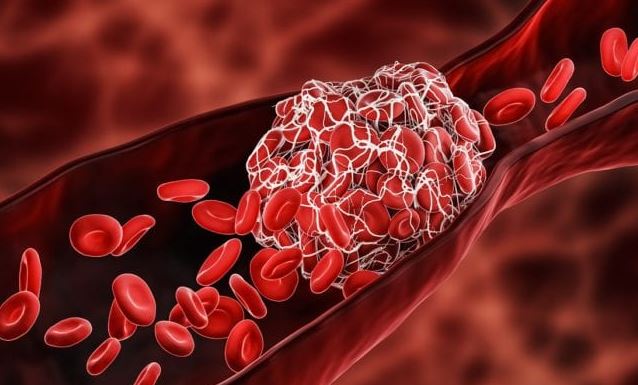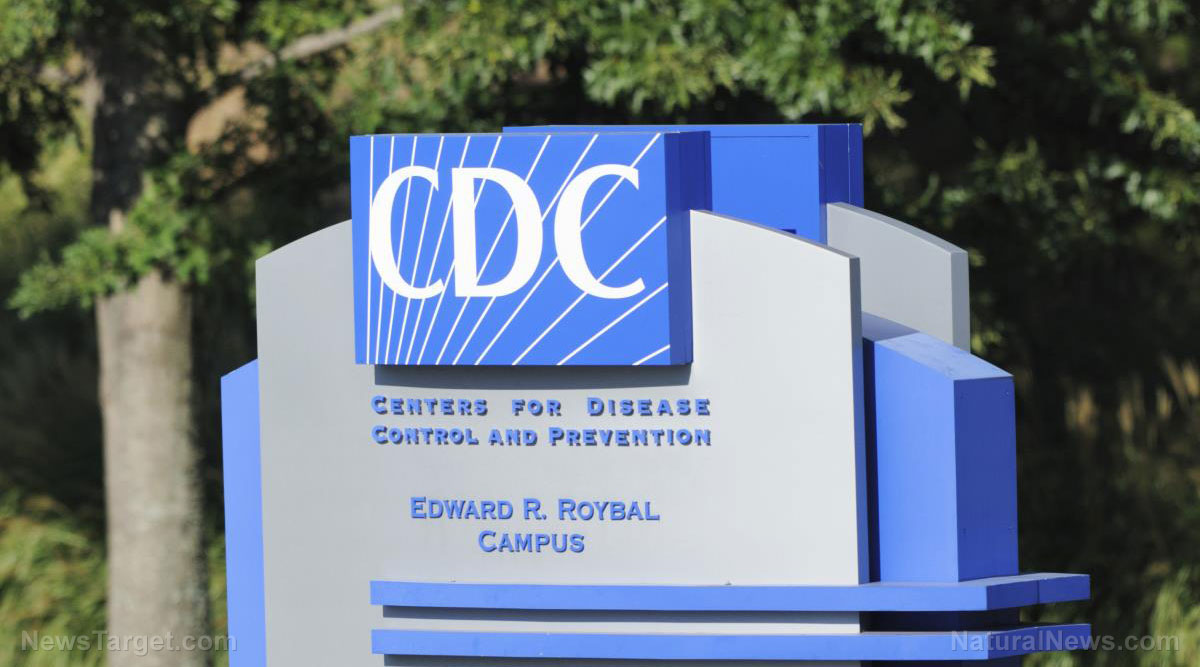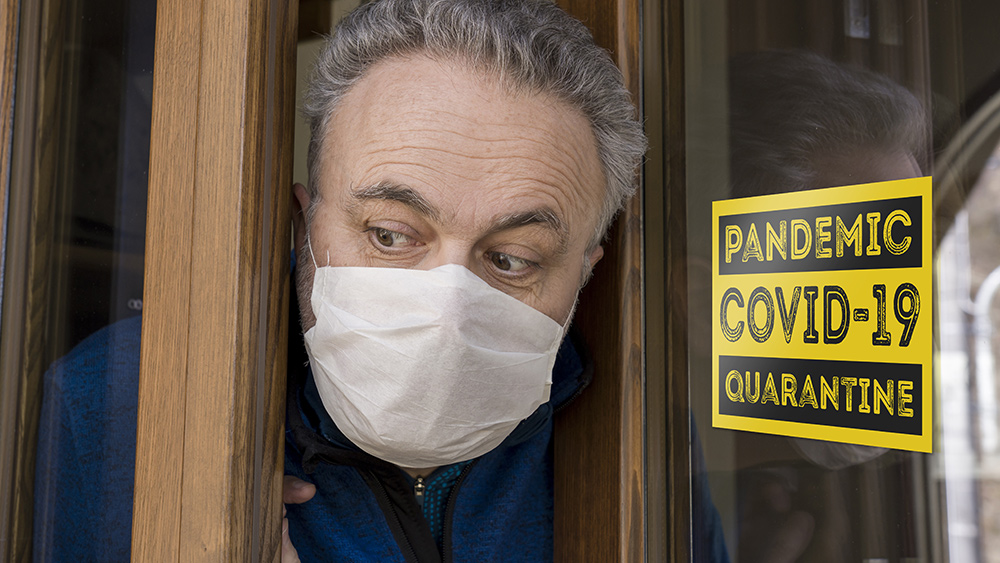Big Pharma drug company unveils mortgage-like payment plan for its $850,000 treatment for blindness … You’ll keep paying for YEARS
05/19/2019 / By Tracey Watson

How much is your sight worth? What sacrifices would you be willing to make to keep your vision, if you knew you had an irreversible degenerative disease that was guaranteed to claim it from you in the coming years? That is the question Big Pharma’s Spark Therapeutics is asking patients with an inherited retinal disease caused by defects in a gene known as RPE65: Will you pay us $850,000 for a once-off gene therapy treatment that can reverse the condition, or will you choose to go blind?
Spark’s Luxturna treatment – the costliest drug on the U.S. market – is the first gene therapy for the treatment of a genetic disease to have been approved by the U.S. Food and Drug Administration (FDA).
Gene therapy works by using a modified virus to deliver a healthy copy of a gene to an area of the body that is deficient or damaged in a way that causes disease.
Luxturna treats inherited retinal disease caused by defects in a gene known as RPE65, which tells cells to produce an enzyme critical for normal vision. …
The product works by delivering by an eye injection some 150 billion viral vector particles containing a correct copy of the RPE65 gene to retinal cells, restoring their ability to make the needed enzyme.
In spite of Luxturna’s astronomical price tag, the company believes that in the long-term, the cost of treatment will be lower than existing drugs that must be administered annually for life, and which cannot reverse the condition. (Related: In another case of Big Pharma greed, “periodic paralysis” drug that used to be free now costs over $100,000 a year.)

“It’s wildly expensive but, to be very frank, I think they’ve priced it what I’ll call responsibly,” Dr. Steve Miller, chief medical officer of pharmacy benefits manager Express Scripts, which is partnering with Spark on distribution and specialty pharmacy services for Luxturna, told CNBC.
“The product is just phenomenally innovative, and we’ve been talking about gene therapy for over 20 years. We’re now at the threshold of having gene therapy reaching patients.”
Spark’s CEO, Jeff Marrazzo, insists that the massive price tag for the drug is justified by its “inherent value.” He also claims that the company did intensive market research, and that it is very concerned with “affordability” and “access.” (Related: Keep up-to-date with the latest healthcare developments at Medicine.news.)
Since only between 1,000 and 2,000 Americans have been diagnosed with the condition, the company’s client base is limited. Perhaps for this reason, Spark has “generously” created payment plans which will allow patients who basically have no other choice to pay the treatment off over many years.
The Independent reported that the company is also offering discounts based on how effective the treatment proves to be. Spark has also rolled out several programs which will enable healthcare insurers to pay the treatment off over a period of time.
The Independent reported:
A one-time treatment presented a challenge, since the cost would be paid for by one insurer or government, only to have others reap the benefits when the patient changes coverage.
To help mitigate that dynamic, Spark is rolling out several programmes to spread out the cost over the years or give rebates to payers if the benefits wane with time.
In clinical trials, 93 percent of patients who received the treatment experienced an improvement in their functional vision, as evidenced by their ability to navigate an obstacle course in dim light one year later. Though the company is marketing the treatment as a once-for-all-time type of intervention, Reuters noted that at this time no-one can be sure how long the effects will actually last.
Most of the desperate patients battling this disease, however, will likely do whatever is necessary to grab this opportunity. After all, wouldn’t you do the same, if it meant the difference between sight and blindness?
Sources for this article include:
Submit a correction >>
Tagged Under:
bad doctors, Big Pharma, blindness, drug costs, gene therapy, health care, luxturna, payment plans for treatment, Price gouging, REP65, Sparks Therapeutics
This article may contain statements that reflect the opinion of the author





















